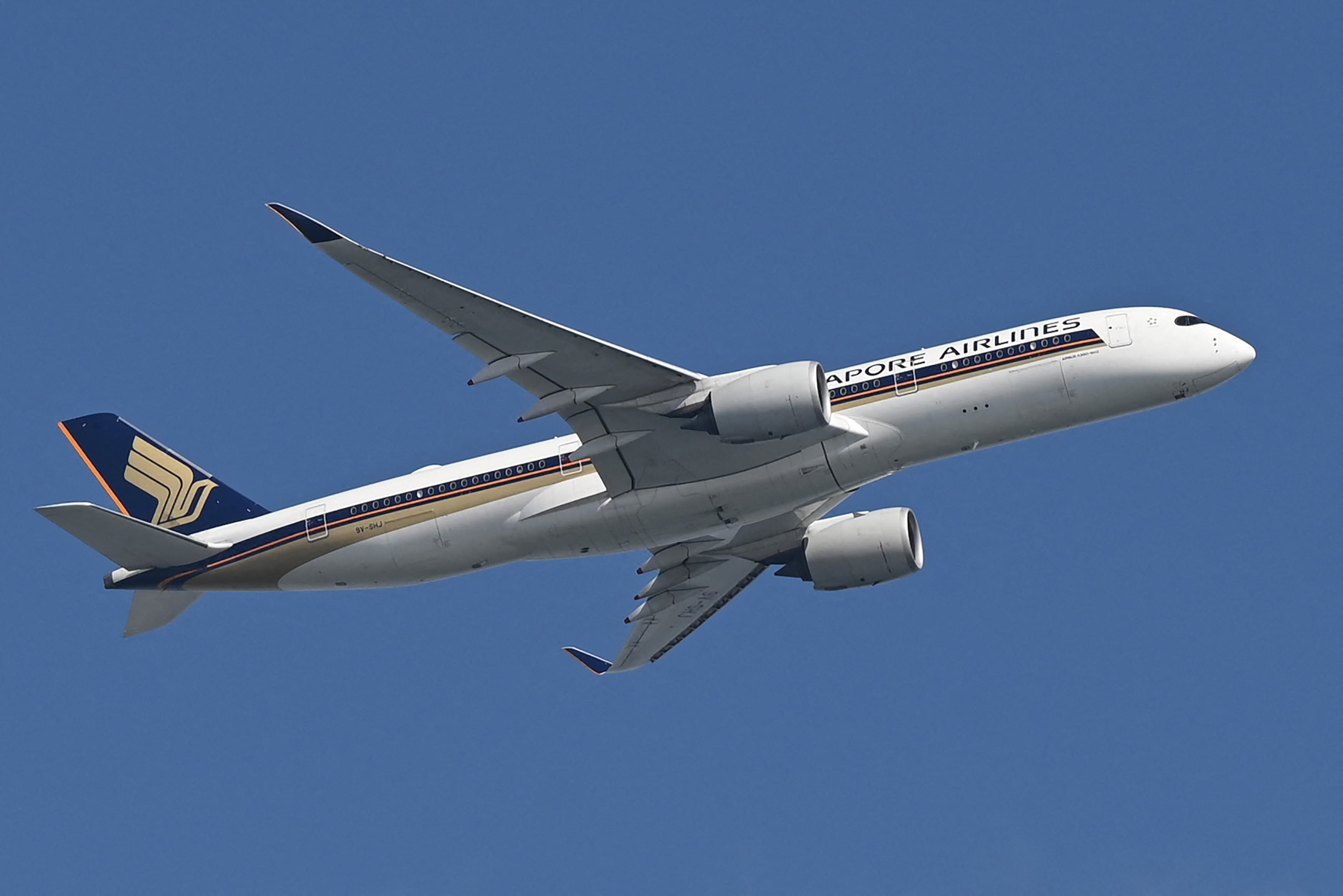Chinese officials on Tuesday shifted responsibility for the recent anti-zero COVID demonstrations onto local governments, insisting the wider policy still had public support.
Cheng Youquan, a supervisor at the Chinese Center for Disease Control and Prevention, said COVID outbreaks in the country were widespread and developing at a "faster pace." "Some places are facing the most complex and severe situation in the three-year fight against the epidemic," he told a weekly press conference.
The central government acknowledged for the first time the vocal protests that took place in major cities including Beijing and Shanghai over the weekend. Frustrated residents rallied against the excesses of Beijing's zero-tolerance COVID policy, which has throttled the economy and driven up unemployment with its stop-start lockdowns.
On the campuses of China's prestigious universities like Peking, Tsinghua and others, students gathered to call on the government to roll back its stifling censorship, which has squeezed what little room remained for legitimate complaints against public health or other policies.

"The recent problems highlighted by the public are not directed at epidemic control and prevention itself, but rather focus on simplistic, excessive and one-size-fits-all prevention and control measures," Cheng told the briefing in Beijing. The public's demands were overlooked, he said.
Some places, Cheng said without naming any, were arbitrarily expanding the scope of areas and personnel placed under COVID controls. They were resorting to simple solutions like indefinite or snap lockdowns without authorization, he said.
Cheng told reporters that Beijing would "positively and effectively respond" to the concerns and hand down solutions to local governments in order to "minimize the inconvenience" to the general public. In the meantime, cities where demonstrations took place over the weekend were tightening security with an increased police presence, witnesses said.
Earlier this month, Xi Jinping chaired a meeting of top Communist Party officials to review "dynamic zero COVID," the Chinese president's signature public health strategy. The resulting 20-point optimization plan sought to curb the excesses of the policy by reducing criteria for contract tracing and requirements for on-arrival quarantine.
But the central directive remained the same: China would remain the only major economy still trying to stamp out each cluster of infections. A nationwide loosening of all restrictions, official estimates say, could overwhelm the health care system and lead to mass deaths.
The trade-off in favor of political stability means some of the public's bolder calls, including a complete reversal of Beijing's mass testing and quarantine protocols, are unlikely to be met. In the meantime, officials running under-resourced municipalities like Urumqi, where a deadly apartment fire sparked last week's protests, are more likely to turn to swift and harsh controls to avoid blame for a major outbreak.

China is facing its biggest COVID outbreak since the pandemic began. On Tuesday, its National Health Commission said 38,645 cases were recorded in the 24 hours of November 28, its first decline in infections after five consecutive days of record numbers. Severe cases remain low and daily deaths from the virus vary between zero and one.
Health officials acknowledged that symptoms of the highly transmissible Omicron variant were milder than previous COVID strains. Xia Gang, No. 2 at the NHC, said Chinese vaccines were known to reduce severe disease and mortality among positive patients.
Xia announced a new vaccine drive for China's elderly—those aged 60 and above. "We hope that our elderly friends, especially those over 80, will take the initiative to get vaccinated and protect your own health," he said.
Xia said 76.6 percent of those 80 and above had received at least two shots, while 65.8 percent were boosted.
Asked whether China would consider changing course on its zero-COVID policy after the recent protests, NHC spokesperson Mi Feng said the country's approach was being constantly fine-tuned.
Do you have a tip on a world news story that Newsweek should be covering? Do you have a question about China's zero-COVID policy? Let us know via worldnews@newsweek.com.
Uncommon Knowledge
Newsweek is committed to challenging conventional wisdom and finding connections in the search for common ground.
Newsweek is committed to challenging conventional wisdom and finding connections in the search for common ground.
About the writer
John Feng is Newsweek's contributing editor for Asia based in Taichung, Taiwan. His focus is on East Asian politics. He ... Read more





